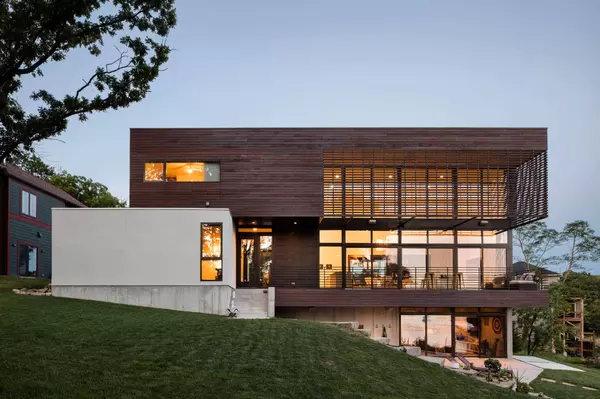
Latest Real Estate Market Trends in Metro Atlanta
The latest real estate market trends in Atlanta, GA, show a mix of growth and challenges, reflecting the city's dynamic economic and housing landscape. Home Prices and Sales Median Home Prices: As of June 2024, the median home price in Atlanta is $434,000, representing a 4.7% increase from the pre

Luxury RE, What’s Hot in the High-End Market?
Luxury real estate continues to be a thriving market, attracting high-end buyers who seek the finest homes and exclusive living experiences. As we dive into the world of luxury real estate, it's essential to explore what's hot in this high-end market. From lifestyle to amenities, customization to lo

The Role of Virtual Tours in Modern Home Buying
Virtual tours have become an indispensable tool in the modern home buying process. As technology continues to advance, buyers and sellers alike are discovering the numerous benefits that virtual tours offer. In this blog post, we will explore the role of virtual tours in the real estate industry and
Categories
Recent Posts











